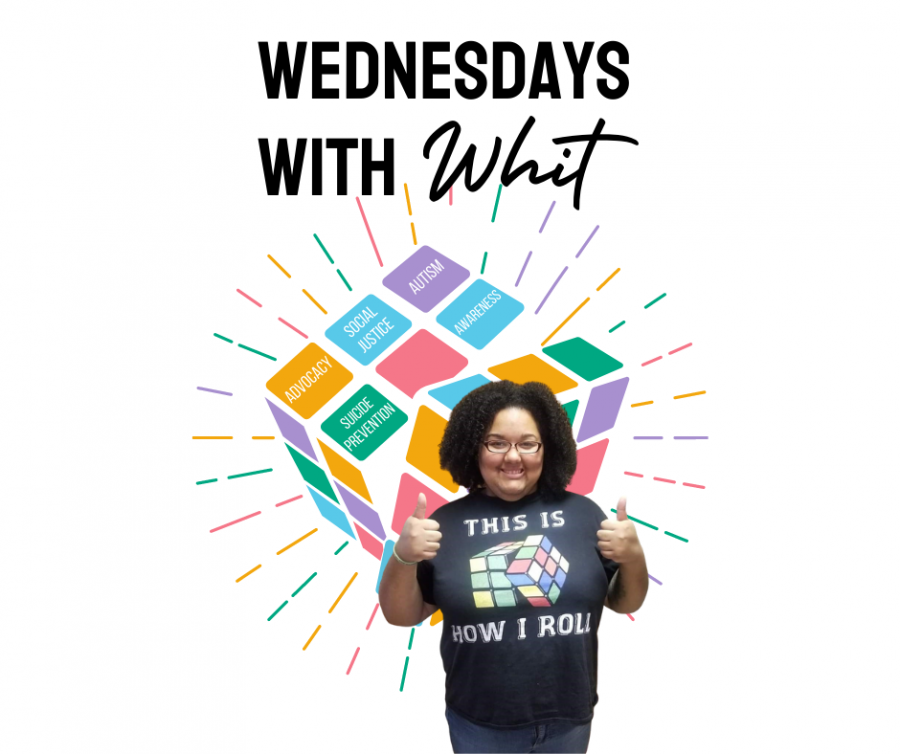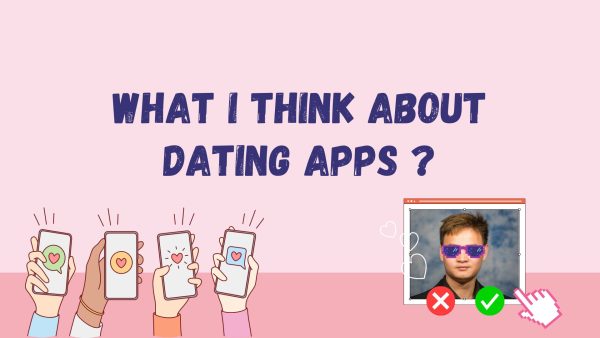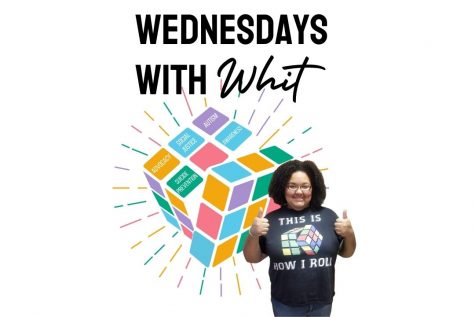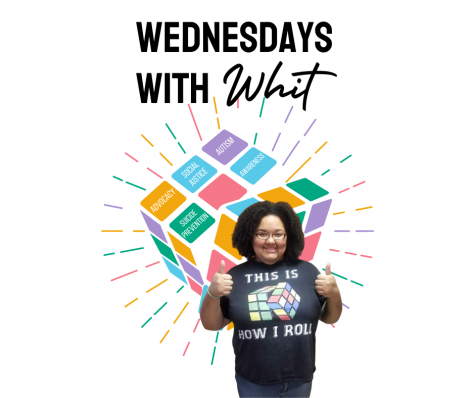Calling the Suicide Lifeline
Graphic by Leah Jamison
Hello everyone! How are you?
If this is your first time reading a Wednesdays with Whit, a special welcome to you! My name is Whit, and I created Wednesdays with Whit with you in mind. I wanted to create a safe space to talk about mental health and all the challenges and triumphs that go along with it.
I am passionate about storytelling and creating content that will bring you hope, while also sharing resources. Ultimately, I have experienced the stigma surrounding having a mental health condition, and I am on a daily mission to defeat the odds, tackle barriers and empower others to do the same.
Today I want to talk about what it is like to call the National Suicide Prevention Lifeline. I understand that it takes an enormous amount of courage to even consider calling.
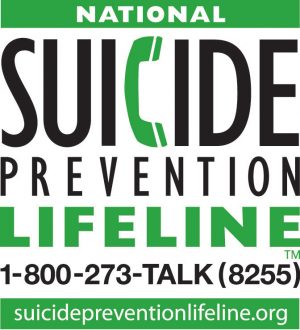 Here is what you can expect when you call:
Here is what you can expect when you call:
- Right when you call, you will hear an automated message that says “You have reached the National Suicide Prevention Lifeline, also servicing the Veterans Crisis Line. If you are in emotional distress or suicidal crisis or are concerned about someone who might be, we’re here to help.”
- While the Lifeline finds someone to connect you with, you will be placed on a brief hold with music playing in the background.
- A highly skilled and trained crisis counselor ready to give you the attention and help you deserve will answer the phone.
Once you are connected to a crisis counselor, they will actively listen to you and ask questions to gain a better understanding of your situation.
One thing I find helpful is that even when my words are limited and few, the counselor is patient with me and reassures me that I’m not alone.
I’ve even had a counselor suspect that I am autistic (I am) and asked if I was neurodivergent. I remember feeling so extremely understood when the crisis counselor asked me that.
If you do mention being suicidal, your counselor will understand that even though there may be a part of you that wants to die, there is also a part of you that wants to live; your counselor will speak to both of those parts of you.
One thing that I have had to come to terms with is that calling the Suicide Prevention Lifeline may not make what I am going through go away. However, it is definitely a step toward the right direction. Your counselor will assist you in creating a plan to keep you safe and may even offer to have the Lifeline call you back the next day to check on you.
The counselors truly do care. They aren’t there to judge you, to tell you everything they know, or to belittle you. They want to support you and listen.
The Lifeline is available 24/7 and even if you are not suicidal, but want emotional support, you can call.
Well, that is it for this week.
See you next week and please remember that you are meant to be alive right now. Like my friend Kevin Hines says, suicide is not the answer to your problems, suicide IS the problem.
Your donation will support the student journalists of Washburn University. Your contribution will allow us to purchase equipment and cover our annual website hosting costs.



